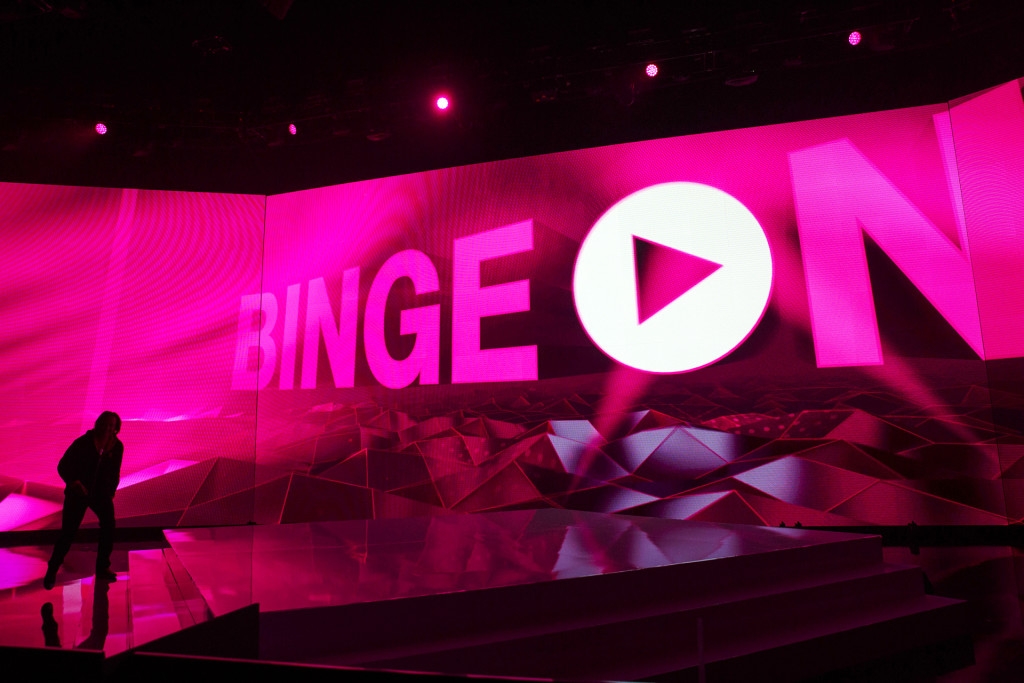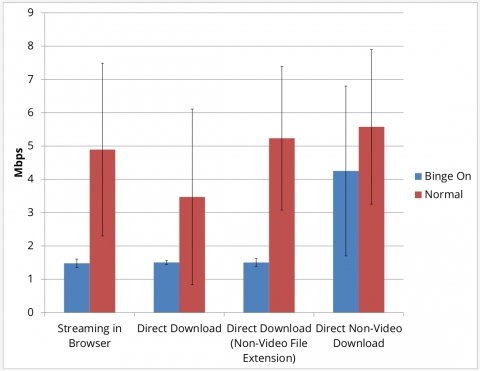
The Electronic Frontier Foundation (EFF) has come out in support of YouTube's claim that T-Mobile's Binge On service amounts to little more than throttling.
The foundation recently published the results of its independent testing which shows that T-Mobile's Binge On service simply throttles all video to 1.5Mbps when enabled, regardless of whether it's streaming or a direct download. Furthermore, there's no actual "optimization" taking place at all.

The EFF contacted T-Mobile for clarification and surprisingly enough, the carrier admitted that they don't do any actual optimization of video streams other than reducing the bandwidth allocated to them. As such, this puts the burden of any true optimization back on the provider and they must recognize and adjust the bitrate accordingly.
YouTube's beef with the service is that T-Mobile is throttling their content despite the fact that they don't actually participate in Binge On. Indeed, the EFF agrees that one option for T-Mobile would be to stop throttling the video of providers that don't participate in Binge On.
But perhaps the best option, the EFF concludes, would be for T-Mobile to set up Binge On as an opt-in service rather than its current opt-out method and clearly disclose that all video traffic will be throttled when Binge On is enabled.
It would seem that T-Mobile's saving grace at this point is the fact that customers can enable / disable Binge On at will. Whether or not customers are aware of this fact and the ramifications associated with it being disabled (all video being throttled) could ultimately decide its fate with regulators.
Lead image via Patrick T. Fallon, Getty Images. Chart courtesy EFF.
https://www.techspot.com/news/63355-eff-sides-youtube-t-mobile-binge-throttles-all.html